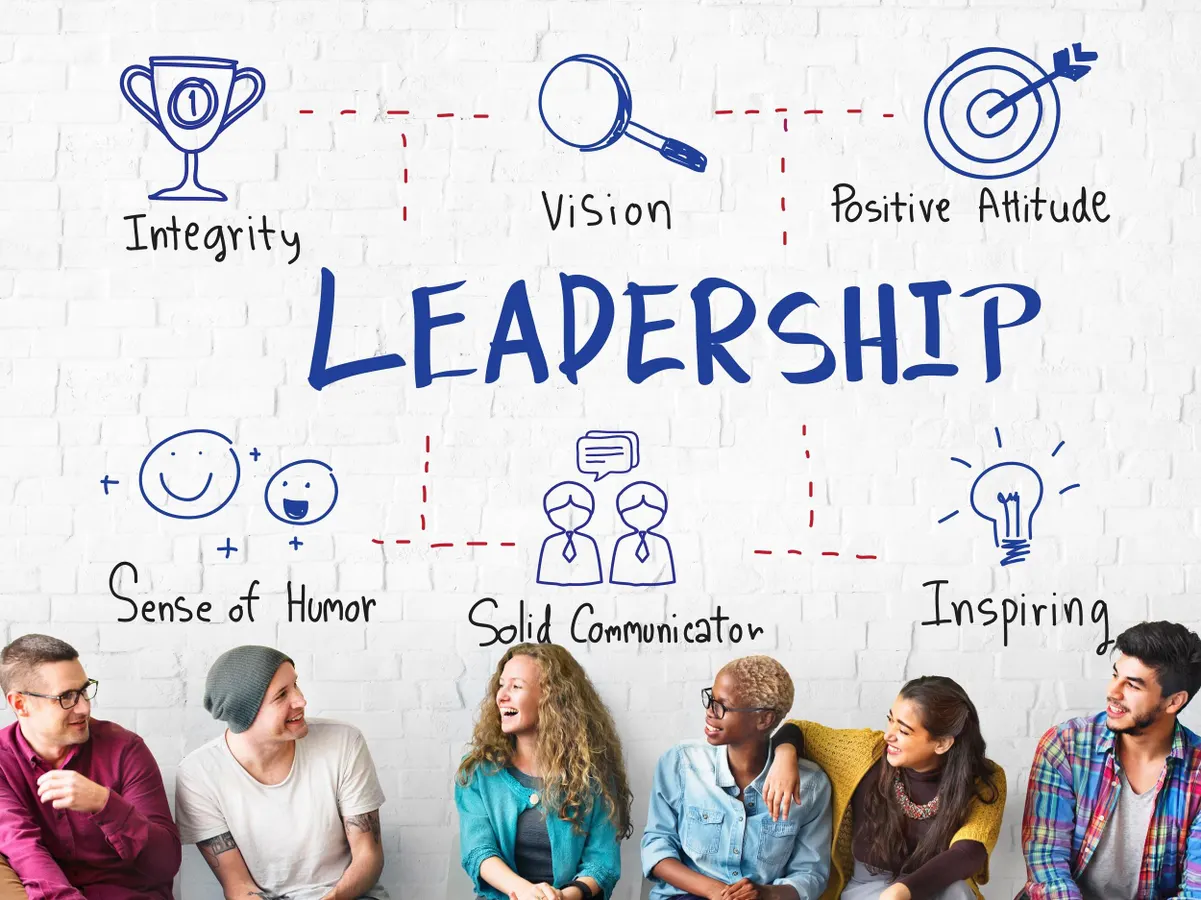
Effective leadership is the cornerstone of any successful business team. By refining leadership skills, one can significantly elevate team performance, morale, innovation, and overall productivity, thereby propelling the organization toward its objectives. Here are five strategies to sharpen team leadership skills:
Develop Strong Communication Skills
Communication is fundamental to effective leadership. Leaders must articulate their vision, goals, and expectations with clarity. Equally crucial is active listening; leaders should attentively consider their team members’ feedback and concerns. Utilizing various communication channels and fostering an environment that encourages open, honest dialogue can greatly enhance team cohesion and trust. Regular practice and refinement of these skills will enable leaders to deliver their messages more effectively and build stronger relationships with their teams. Cisco Systems exemplifies strong communication skills by implementing internal tools and practices such as town hall meetings, an active intranet, and a feedback-oriented management style. These initiatives promote transparency, open dialogue, and a culture where employees feel heard and valued, driving overall organizational effectiveness.
Foster Emotional Intelligence
Emotional intelligence (EI) is a vital component of effective leadership. Leaders with high EI understand their own emotions and those of others, facilitating more effective interactions. By honing skills in empathy, self-regulation, and social awareness, leaders can create a supportive and understanding work environment. Emotional intelligence aids in conflict resolution motivates team members, and cultivates a positive workplace culture. Leaders can enhance their EI by seeking feedback, engaging in reflective practices, and participating in training programs focused on emotional intelligence development.
Encourage Continuous Learning and Development
Continuous learning and development are essential for both leaders and their teams. Leaders should stay abreast of the latest industry trends, best practices, and leadership techniques. Encouraging team members to engage in professional development opportunities, such as workshops, seminars, and courses, can also enhance their skills and knowledge. By fostering a culture of continuous learning, leaders demonstrate their commitment to growth and improvement, which can inspire their team to follow suit. This approach not only improves individual capabilities but also contributes to the team’s overall success. Michael Amin embodies the principles of continuous learning and development through his unwavering commitment to personal and professional growth. As the CEO and founder of Primex World Inc., based in Los Angeles, Michael Amin sets a powerful example.
Promote Team Collaboration and Empowerment
Effective leaders excel at promoting collaboration and empowering their team members. By creating an environment that values teamwork and encourages individuals to contribute their unique perspectives and skills, leaders can enhance team performance and innovation. Properly delegating tasks and responsibilities, along with providing the necessary resources and support, helps team members feel valued and capable. Empowering the team involves trusting them to make decisions, offering constructive feedback, and recognizing their achievements. This approach boosts morale and fosters a sense of ownership and accountability among team members.
Practice Adaptability and Resilience
In today’s dynamic business environment, adaptability and resilience are critical leadership traits. Effective leaders navigate change, manage uncertainty, and remain goal-focused despite challenges. Developing these traits involves being open to new ideas, learning from setbacks, and maintaining a positive outlook under pressure. Leaders can enhance their adaptability and resilience by seeking diverse experiences, engaging in problem-solving activities, and practicing stress management techniques. By demonstrating these qualities, leaders can inspire their teams to embrace change and overcome obstacles with confidence.
Effective team leadership requires continuous improvement and key strategies: strong communication, emotional intelligence, continuous learning, collaboration, empowerment, adaptability, and resilience. These practices enhance leaders’ abilities, build high-performing teams, and drive organizational success.
